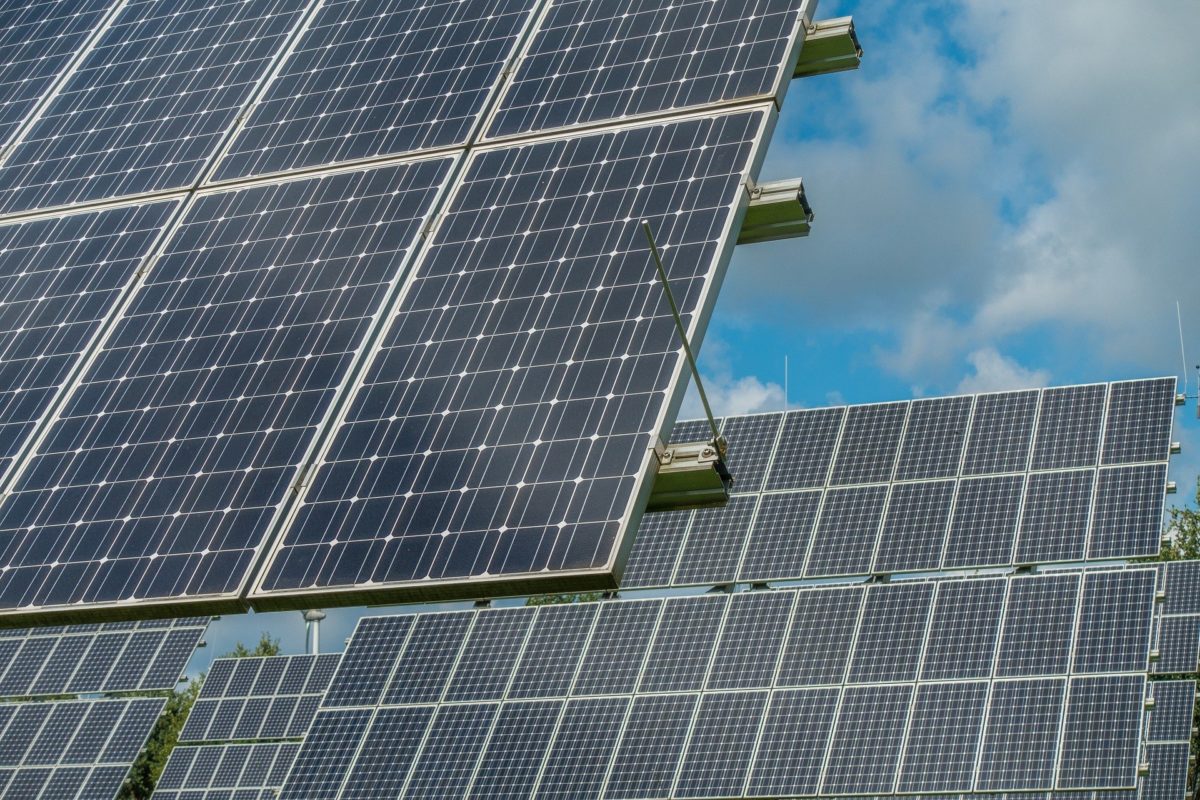Taiwan’s Ministry of Economic Affairs has revealed around 1.34 GW of new PV installations were switched on in the first ten months of the year.
That represents an increase of around 292 MW compared to the same period of 2018, the ministry added. The largest contribution came from Tainan county, with 320 MW of new solar generation capacity, followed by Changhua, with 263 MW, Pingtung (195 MW), Yunlin (180 MW), Chiayi (122 MW), Kaohsiung (83 MW) and Taoyuan, with just 31 MW.
The ministry reported solar power generation increased by 51.7% on the same period of last year.
Taking into account monthly growth of around 134 MW, Taiwan could hit 1.6 GW of new solar this year, a figure which would top by 100 MW the prediction made in April by local analyst TrendForce for 2019.
Total solar capacity
At the end of last year, Taiwan had 2,168 MW of installed solar capacity and the cumulative total could rise to 3.6-3.7 GW by the end of the month.
In September, Taiwanese prime minister Su Tseng-chang said the country would add another 3.7 GW between this year and next. “The plan calls for increasing solar energy’s contribution to the nation’s generating capacity to 6.5 GW by 2020,” Tseng-chang said.
The government this month proposed feed-in tariff payments for the next two years of NT$3.9408-5.7788/kWh (US$0.13-0.19).
Despite recent difficulties in acquiring land for large scale PV projects, domestic solar manufacturer United Renewable Energy this month announced it wants to build a 193 MW solar plant near Tainan in the second half of next year.
This content is protected by copyright and may not be reused. If you want to cooperate with us and would like to reuse some of our content, please contact: editors@pv-magazine.com.




By submitting this form you agree to pv magazine using your data for the purposes of publishing your comment.
Your personal data will only be disclosed or otherwise transmitted to third parties for the purposes of spam filtering or if this is necessary for technical maintenance of the website. Any other transfer to third parties will not take place unless this is justified on the basis of applicable data protection regulations or if pv magazine is legally obliged to do so.
You may revoke this consent at any time with effect for the future, in which case your personal data will be deleted immediately. Otherwise, your data will be deleted if pv magazine has processed your request or the purpose of data storage is fulfilled.
Further information on data privacy can be found in our Data Protection Policy.